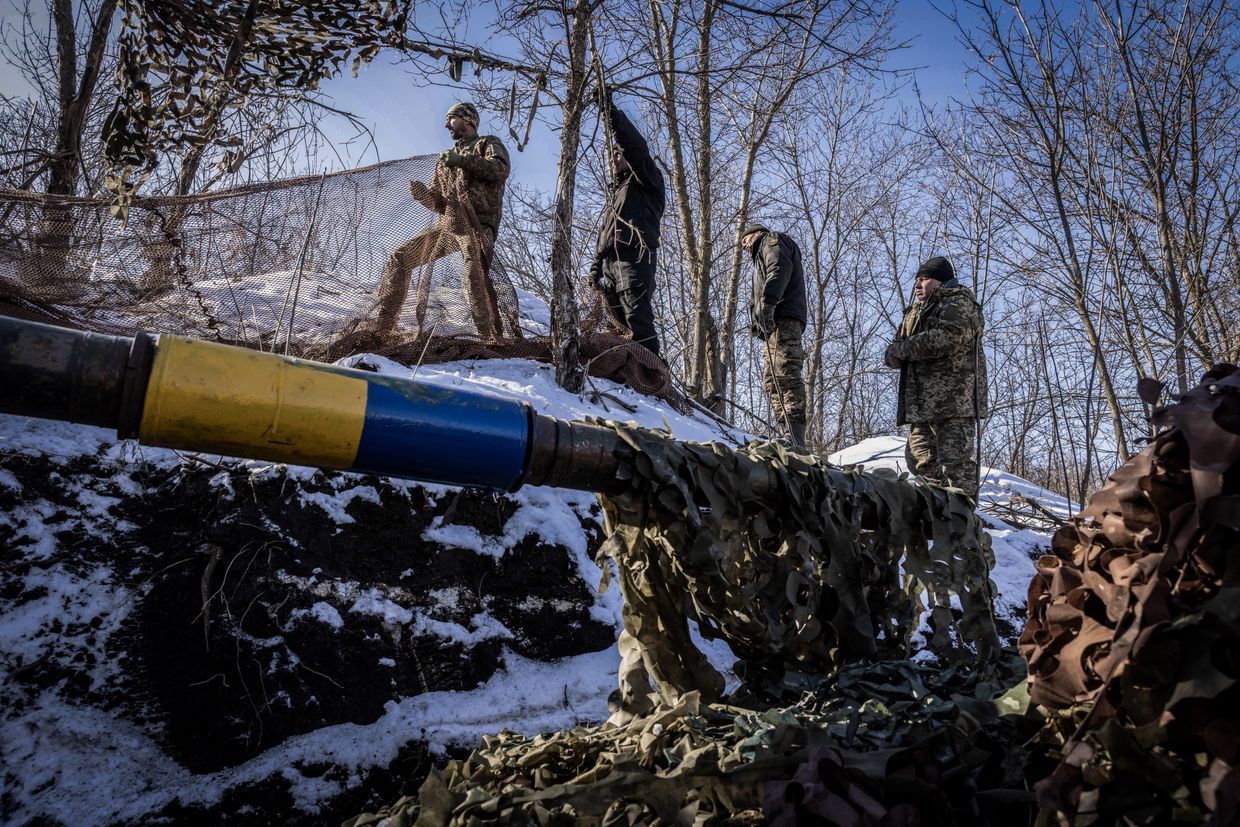Russia preparing new offensive in 'coming weeks' to strengthen negotiating position, AP reports

Russia is likely preparing to launch a new multipronged offensive in the coming weeks to strengthen its position in possible peace talks with Ukraine, the Associated Press (AP) reported on March 29, citing Ukrainian analysts and two undisclosed G7 diplomatic sources.
The news comes after President Volodymyr Zelensky warned that Moscow is planning to attack the Sumy and Kharkiv oblasts this spring.
Capturing more Ukrainian territory would likely encourage Russian President Vladimir Putin to seek even harsher conditions in a potential peace deal that the U.S. seeks to mediate.
Moscow has rejected a full 30-day truce agreed upon by the U.S. and Ukraine in Jeddah on March 11 and only agreed to a partial ceasefire on strikes against energy facilities and in the Black Sea.
Kyiv has already accused Russia of violating the energy ceasefire, while the future of the Black Sea ceasefire is in doubt as Moscow has linked it to the lifting of some Western sanctions.
"I can confirm that Putin is trying to get time and is preparing for a spring offensive. We see preparations for this upcoming operation," Zelensky said on March 27. Kyiv says that the Kremlin is stalling the peace talks to buy time for its troops to grab more land.
Ukrainian military analyst Oleksii Hetman told the AP that Russia's upcoming offensive operations could last between six and nine months.
Sumy and Kharkiv oblasts, both located in northeastern Ukraine and bordering Russia, have played a key role in Ukraine's defense since the start of the full-scale invasion. Moscow launched a two-pronged offensive against Kharkiv Oblast last May. By June 8, Zelensky declared that Russia had "failed" in its offensive.
Expecting another offensive into Sumy Oblast, Ukraine launched its own incursion into Russia's Kursk Oblast in August 2024 to disrupt Russian plans. Ukrainian forces initially seized some 1,300 square kilometers (500 miles) of Russian territory but lost much of its positions after Moscow's counteroffensive earlier this month.













